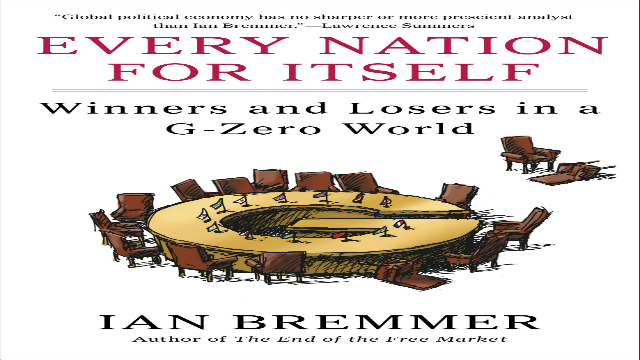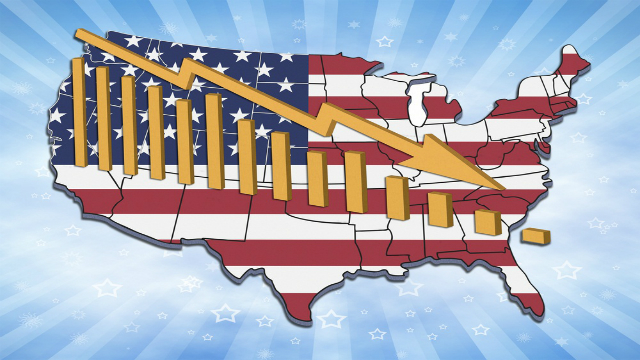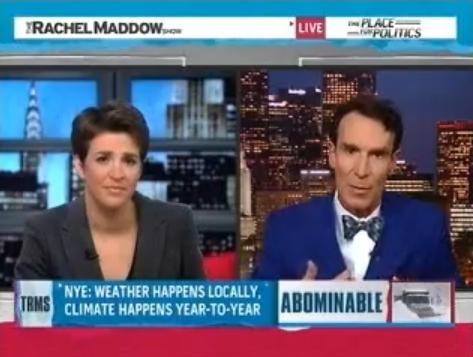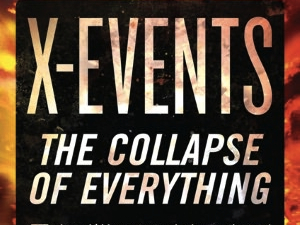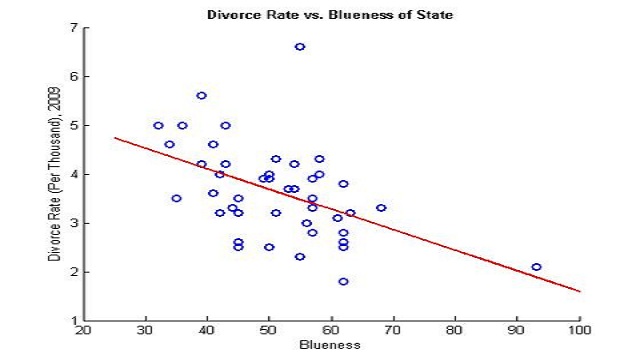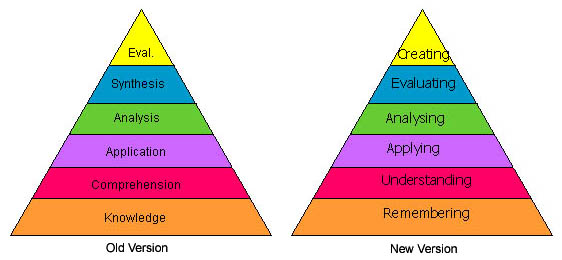RIP Aaron Swartz, you will not be forgotten.
Search Results
You searched for: p d
One of cartography’s most persistent myths: mapmakers of yore, frustrated by the world beyond their ken, marked the blank spaces on their maps with the legend Here be monsters. It’s […]
This is part 4 of my review of Steven Pinker’s “The Better Angels of Our Nature”. Read Part 1 here, part 2 here and part 3 here. In my last […]
The neuroscience of creativity is flourishing. But will the popularity of this subject lead to better, or sloppier science?
Update (Jan, 2014): Amir’s patent application (search for no. 12/743357) has been rejected due to prior art by Mathews and MacLeod. Update (Feb, 2013): Following this blog post Amir corrected two […]
Market reports sometimes use the phrase “testing the bottom.” It’s when a market flirts with a new low, below which it will not fall. The phrase also applies to the […]
Mind reading devices that can alert soldiers to things they’ve seen, but that their brains aren’t yet aware of, could save lives. Some scientists worry it could also extend the theater of war.
From Fortune 500 companies to Presidential campaigns, it seems everyone has bought into the power of memes to move a message. And nobody bought in earlier than Ben Lashes, the […]
What’s the big deal about J.P. Morgan’s $2 billion trading loss? Austan Goolsbee, an economic advisor to President Obama, said the American public should be concerned because, in his words, […]
As a Ph.D. student in Harvard’s Government Department in the early 1960s, Joe Nye asked whether Kenya, Tanzania, and Uganda would be able to forge an East African Common Market […]
Mitt Romney’s plan for education, released last week, sounds a number of predictable conservative themes: union bashing, continued reliance on standardized testing, expansion of charter schools and reform or elimination of […]
On Tuesday, May 22, I will be delivering a lecture as part of the National Academies’ Sackler Colloquium on the “Science of Science Communication,” reviewing the role of the media […]
On Tuesday, May 22, I delivered a lecture as part of the National Academies’ Sackler Colloquium on the “Science of Science Communication,” reviewing the role of the media in science […]
Ian Bremmer, president of Eurasia Group, has just released his eighth book, Every Nation for Itself: Winners and Losers in a G-Zero World (New York: Portfolio: 2012). When he first […]
The questions in this quiz are adaptations of items from research studies from the 1960s to the 1980s, initiated by Daniel Kahneman and his late research partner, Amos Tversky.
Why is democracy so difficult? Could be because it demands that each of us accept, as the anthropologist Clifford Geertz said to me way back when I wrote this, “that […]
A new report by the Pew Global Attitudes Project reinforces the widespread judgment that America is in decline. It observes that “perceptions of China’s economic power continue to grow” among […]
If you ever find yourself in a bar that takes art history trivia bets, here’s a sure winner: Who is the only artist to be named by TIME Magazine as […]
This semester, students from a diversity of majors at American University are participating in an advanced seminar I am teaching on science and environmental communication. For the first part of the […]
— Guest post by Emma Waldman, American University student. Scientist-turned filmmaker Randy Olson argues that it takes more than literal-minded facts and information to communicate about topics like climate change to […]
A Q&A With Dr. John L. Casti, author, X-Events: The Collapse of Everything Dr. John L. Casti is a complexity scientist. This is one of those job descriptions I would […]
A unique history is what distinguishes one family from another, and knowing a family’s distinct set of stories is what binds the group together. While social media connects the larger society, genealogical work is what connects us to our own small group.
In my last post, I mentioned in passing the eugenic dimensions of tax and immigration policy. The genetic quality of the national stock is a taboo subject, and for familiar, […]
It is one of the most debated subjects of all time: What is art? Some might think it doesn’t much matter whether or not consensus is achieved on this highly subjective […]
It’s simply not possible. Or is it? Let’s say you’re a middle school principal. How can you engage a large group of consultants, each having anywhere between six to eight […]
I hear quite often enough that my values (liberal if not worse, feminist, tolerant of same-sex marriage) are responsible for American marriage decay. This baffles me anecdotally, as I canvass […]
There is a prevailing conception that students must learn facts and procedural knowledge BEFORE they can then engage in so-called ‘higher-order’ thinking skills. Educators, parents, policymakers, online commentators, and others […]
–Guest post by American University student Becca Stern. People are often scared of topics they do not understand, explain Matthew R. Hartings and Declan Fahy in their article “Communicating Chemistry […]
As our political and media systems rapidly evolve, social scientists are revisiting and updating existing models, theories, and methods for investigating the effects of the media on political attitudes and […]













